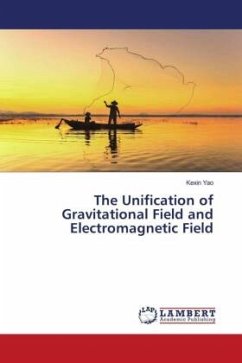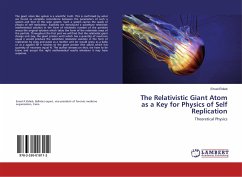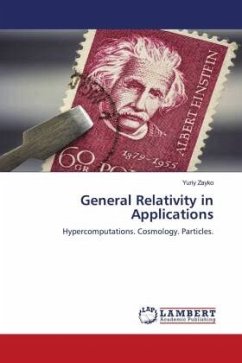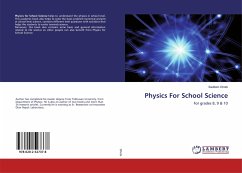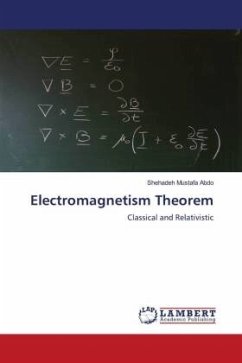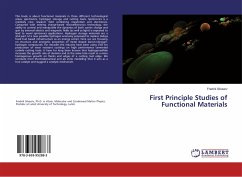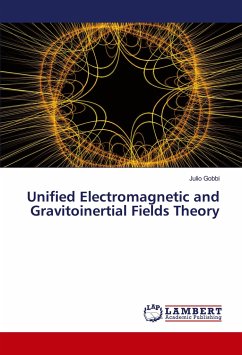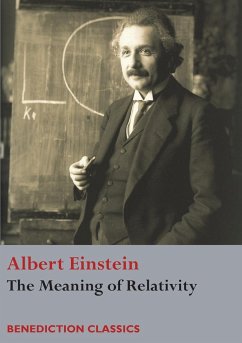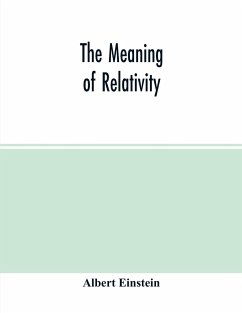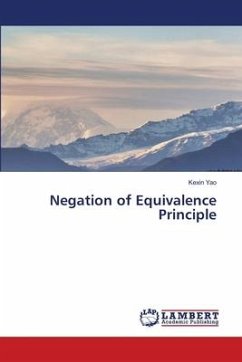
Negation of Equivalence Principle
Versandkostenfrei!
Versandfertig in 6-10 Tagen
29,99 €
inkl. MwSt.

PAYBACK Punkte
15 °P sammeln!
According to the electric charge and the elastic coefficient of the object independent of the motion of the object, and based on the similar properties of the gravitational field and the electrostatic field, it is concluded that the gravitational mass of the object is a constant independent of the motion of the object. However, experimental results show that the inertial mass of the object is related to the motion of the object. Therefore, it is considered that the principle of equivalence is not satisfied. As the object moves at a low velocity, the principle of equivalence is approximately tr...
According to the electric charge and the elastic coefficient of the object independent of the motion of the object, and based on the similar properties of the gravitational field and the electrostatic field, it is concluded that the gravitational mass of the object is a constant independent of the motion of the object. However, experimental results show that the inertial mass of the object is related to the motion of the object. Therefore, it is considered that the principle of equivalence is not satisfied. As the object moves at a low velocity, the principle of equivalence is approximately true, so it is concluded that the general theory of relativity is applicable to all space celestial bodies. When the object is moving at high velocity, the principle of equivalence is not satisfied, so the general theory of relativity is not the truth. According to the principle of force balance, it is concluded that the velocity V of the black hole must be zero. Under the necessary conditionsof V = 0, the existence of the black hole cannot be deduced according to the general theory of relativity.



